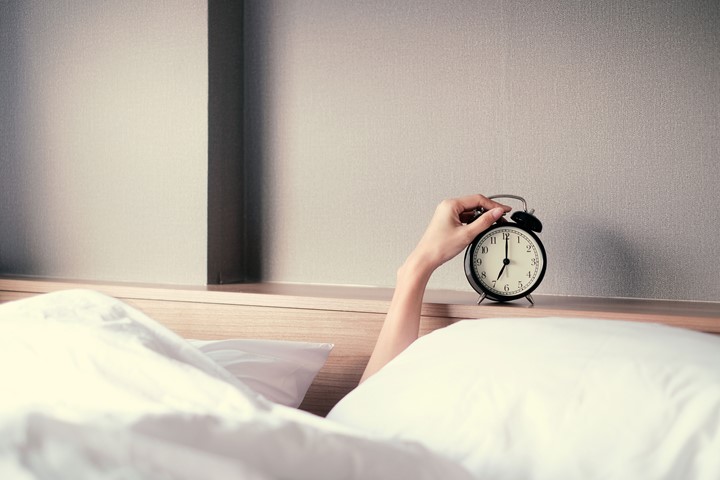As we age, the quality of sleep often declines. Studies show older adults experience a lower percentage of REM sleep compared to younger adults.

What are some symptoms of insomnia?
- Difficulty falling or staying asleep
- Repeatedly wake up earlier than desired
- Feeling tired or sleepy during the day
- An increase in errors or accidents
- Not feeling fully rested after a night’s sleep
What causes insomnia?
- Stress and anxiety. People may find it hard to sleep when stressful events are happening in their life, such as work, finances, family or health. Stressful events may lead to insomnia as well, such as death of a loved one or loss of job.
- Caffeine, nicotine and alcohol. Drinking stimulants such as coffee, tea or caffeinated drinks in the late afternoon or evening may cause insomnia. Nicotine in tobacco products and alcohol can hinder sleep.
- Late night snacks. Eating too much in the late evening may cause discomfort, such as heartburn, while laying down.
- Travel or work schedule. Over time, your body creates an internal clock, guiding your sleep-wake cycle. Disturbing this with travel or changes in work schedule could cause insomnia.
Promote sleep and prevent insomnia by considering these tips:
- Create a relaxing bedtime ritual. This could include taking a warm bath, listening to soft music, reading or doing a relaxing activity such as yoga.
- Stay active during the daytime. Regular activity stimulates a good night’s sleep – your body becomes tired after you exercise and pushes you to sleep.
- Avoid or limit the use of caffeinated drinks, alcohol and nicotine. Be mindful of what you drink or eat before you sleep to avoid insomnia.
- Set and keep your bedtime and daytime schedule. Make sure you’re consistent on when you go to sleep and when you wake, including weekends.